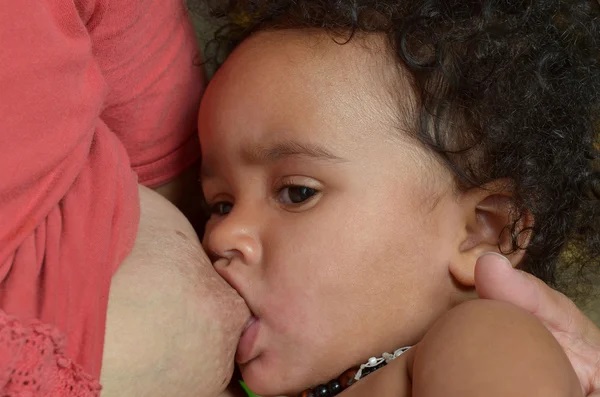Women's Reproductive Health/ Interview with Dr Kafui Bénédicta Améwoui, Obstetrician Gynaecologist
- Posted on 02/03/2023 12:27
- Film
- By abelozih@sante-education.tg

Extract from the article: With more than 20 years of experience, obstetrician gynaecologist Dr Kafui Bénédicta Améwoui gives some tips to Santé-Education for the good health of women's reproductive system.
« A good cycle is one
where a woman gets her period every month. These periods are not painful and
they flow between 4, 5 or 6 days, then they are fluid, made of red blood
without clots »
With more than 20 years of experience,
obstetrician gynaecologist Dr Kafui Bénédicta Améwoui gives some tips to
Santé-Education for the good health of women's reproductive system.
Santé-Education: Can you
explain how the female reproductive system works?
Dr Kafui Bénédicta Améwoui:
The female genital organ was not created only by the author of life to make
children. It is an organ that not only receives the seed of the man, but it
eliminates all matter that has no business being in it. This is why, outside of
menstruation, women have physiological leucorrhoea or white discharge.
Is it possible to delay the
menopause?
When a woman reaches the menopause, the
monthly flowing periods stop. This is different from the momentary cessation,
often for a few months, of menstruation. A woman who does not see her period
for six months is a period stopper. It is not a menopause. It is the definitive
cessation of menstruation over a consecutive period of 12 months around the age
of 50-55 with neuro-vegetative and emotional disorders that constitute the
menopause. It often occurs around the age of 50-55 for most women.
The menopause cannot be postponed,
since it is the exhaustion of a number of follicles existing in the girl from
birth until the menopause. It is a natural phenomenon. However, it can happen
earlier.
But there are women who can
go through menopause before that age.
Yes, there are women who have a
menopause at 35. It is an early menopause. And this is not normal. I have had
women in my practice who were 35 years old who were in the menopause.
Why does this happen in
some women?
You have to look at all the
intersecting factors that have contributed to a woman being in this state.
Certain cancer treatments, hormonal treatments, family factors, taking products
without medical control in order to stimulate fertility can reduce the follicles
and lead to an early menopause. The genitals in both men and women function on
the basis of hormones. Some hormones are supplied exogenously and are obtained
from a balanced, consistent, rational diet that is good for the body. Dietary
factors are therefore very important in preventing early menopause.
Unfortunately, women are not taught how
to get through this period. Because it is possible. If Asian women have a better cycle than
African women, it's because they eat vegetables, especially soya, every day.
Studies have shown that soya contains natural oestrogens, which come from the
plant and have an effect on the female genital glands. Therefore, a woman who
consumes soymilk with a rational diet will have a better experience of
menopausal problems.
How do you recognise a good
cycle in a woman?
A good cycle is one in which a woman
has her period every month. These periods are not painful and they flow between
4, 5 or 6 days, then they are fluid, made of red blood without clots. In
addition, the red colour of the period further determines the quality of the
cycle and, beyond that, the state of health of the woman.
What diet do you recommend
to women?
I advise all women to pay attention to what
they eat. They should give priority to plant-based foods. Because eating
healthily is good for you. In addition to the quality of the food, there are
psychological, emotional, psychosocial and spiritual factors... When all these
factors come together, they lead to illness. These factors affect the cycle and
the health of women.
Interview by William O.




